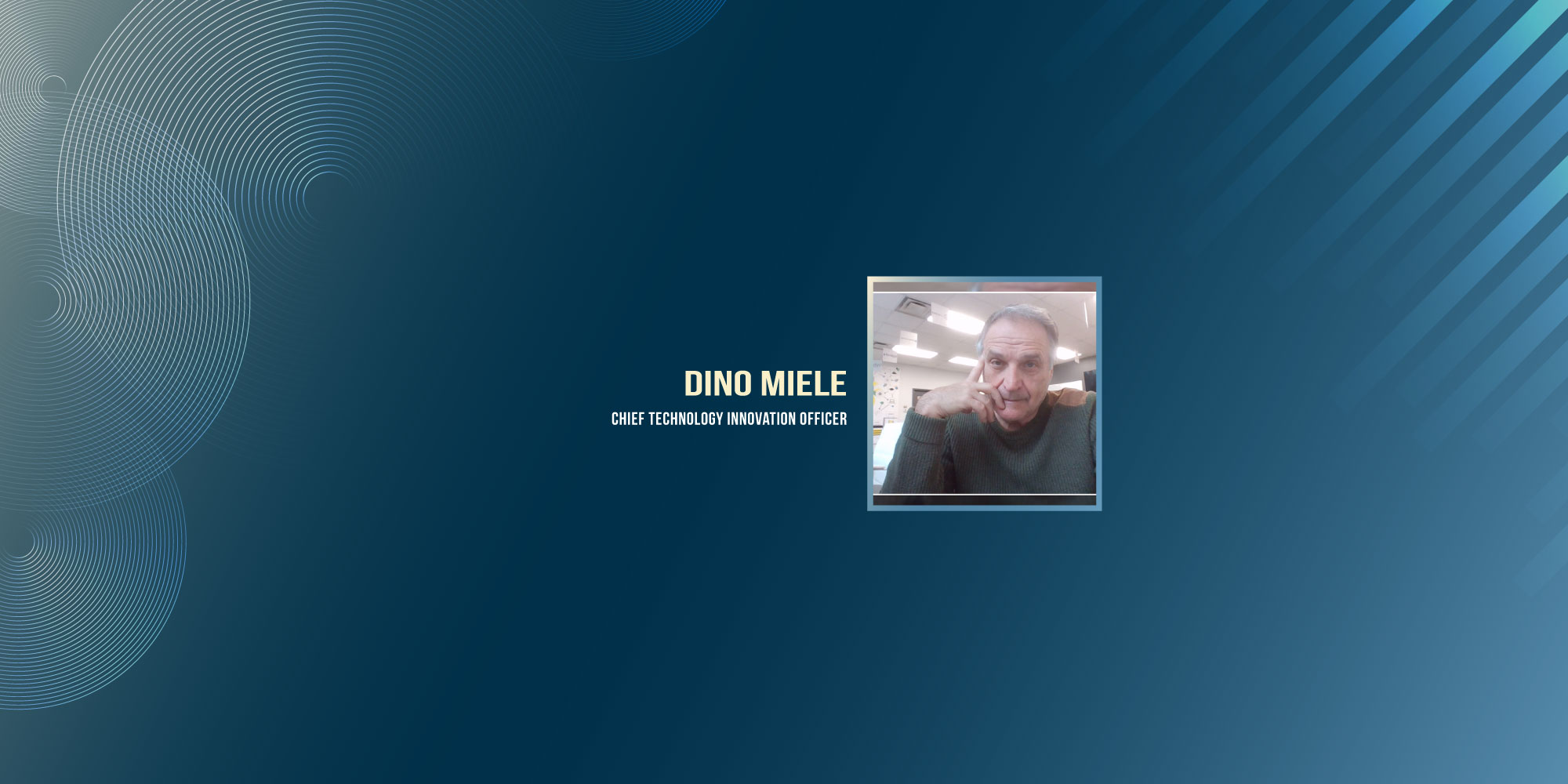
As explained by Dino Miele, experiential education emerges as a beacon of innovation in a rapidly evolving world where traditional education sometimes struggles to keep pace with the demands of the modern workforce. Offering hands-on learning experiences bridges the gap between theory and practice, equipping individuals with practical skills and knowledge crucial for success in today’s dynamic environment. One of the significant contributors to this movement is the concept of Impact Hubs – dynamic spaces that foster collaboration, creativity, and tangible social change. Let’s delve into the symbiotic relationship between experiential education and Impact Hubs, exploring how they shape the future of learning and societal impact.
The Rise of Experiential Education:
Experiential education is rooted in the philosophy of learning by doing. Unlike traditional classroom-based learning, which often relies heavily on lectures and textbooks, experiential education places learners in real-world scenarios where they can actively engage with concepts, solve problems, and apply theoretical knowledge in practical settings. This approach enhances comprehension and cultivates critical thinking, creativity, and adaptability – essential skills in today’s knowledge-based economy.
One of the defining characteristics of experiential education is its emphasis on immersion and hands-on experiences. Whether through internships, apprenticeships, simulations, or project-based learning, students are encouraged to step outside their comfort zones and explore unfamiliar territory. This experiential journey deepens their understanding of the subject matter and instills a sense of ownership and empowerment in their learning process.
The Impact Hub Phenomenon:
Against the backdrop of the experiential education movement, Impact Hubs have emerged as dynamic ecosystems that bring together entrepreneurs, innovators, and changemakers to collaborate on solutions to pressing societal challenges. These coworking spaces serve as incubators for social innovation, providing resources, mentorship, and networking opportunities to individuals and organizations striving to create positive change.
What sets Impact Hubs apart is their focus on creating tangible social impact. Unlike traditional business incubators or coworking spaces, which may prioritize profit-driven ventures, Impact Hubs prioritize projects and initiatives that address social, environmental, and economic issues. By fostering a culture of collaboration and shared purpose, these hubs harness the collective power of diverse stakeholders to tackle complex problems and drive meaningful change.
The Synergy Between Experiential Education and Impact Hubs:
At first glance, experiential education and Impact Hubs may seem like distinct entities – one focused on learning and skill development, the other on social innovation and entrepreneurship. However, upon closer examination, their synergies become apparent. Both aim to empower individuals to create positive change in the world, albeit through different pathways.
For students and lifelong learners, Impact Hubs offers invaluable opportunities to apply experiential learning principles in real-world contexts. By engaging with social entrepreneurs, participating in innovation challenges, or volunteering for community projects hosted at Impact Hubs, individuals can put their skills and knowledge into action while making meaningful contributions to society. This hands-on approach reinforces learning and cultivates a sense of social
responsibility and civic engagement.
Conversely, Impact Hubs benefit from the influx of talent and fresh perspectives brought by participants in experiential education programs. Students and educators contribute valuable insights, skills, and energy to the social innovation ecosystem through internships, research collaborations, or consulting projects. Their diverse backgrounds and experiences enrich the collaborative process, fueling creativity and innovation within Impact Hub communities.
Case Studies in Action:
To illustrate the symbiotic relationship between experiential education and Impact Hubs, let’s consider a few real-world examples:
University Partnerships
Many universities have partnered with Impact Hubs to offer experiential learning opportunities to their students. For instance, students may participate in semester-long internships at Impact Hub locations, where they work on sustainable development, social entrepreneurship, or community empowerment projects. These hands-on experiences complement classroom learning, providing students with practical skills and real-world insights that enhance their academic studies.
Social Innovation Challenges
Impact Hubs often host innovation challenges or hackathons to address social or environmental issues. These events bring together multidisciplinary teams of participants, including students, professionals, and community members, to brainstorm solutions, prototype ideas, and pitch their projects to potential funders or partners. By participating in these challenges, students gain valuable experience in collaborative problem-solving, project management, and persuasive communication while making meaningful contributions to societal impact.
Incubation Programs
Some Impact Hubs offer incubation programs to support early-stage social ventures. These programs provide entrepreneurs access to workspace, mentorship, training, and funding opportunities to help them grow their ventures and maximize their impact. Students and educators can mentor aspiring social entrepreneurs by engaging with these incubation programs, sharing their expertise, and contributing to developing innovative solutions to social challenges.
In a world characterized by rapid change and uncertainty, experiential education and Impact Hubs offer a powerful antidote – a collaborative ecosystem where learning meets action, and ideas translate into impact. By harnessing the synergy between these two forces, we can cultivate a new generation of changemakers equipped with the skills, knowledge, and mindset needed to address our society’s complex challenges. As we continue to embrace the transformative potential of experiential learning and social innovation, let us recognize the pivotal role of Impact Hubs in catalyzing positive change and shaping a brighter future for generations to come.